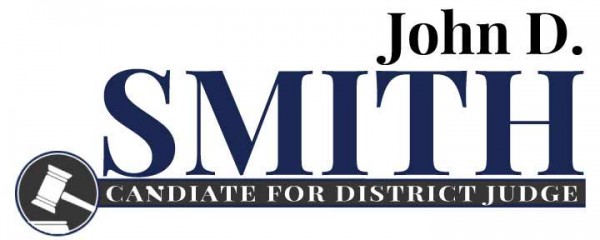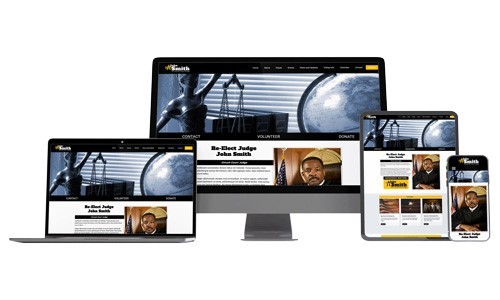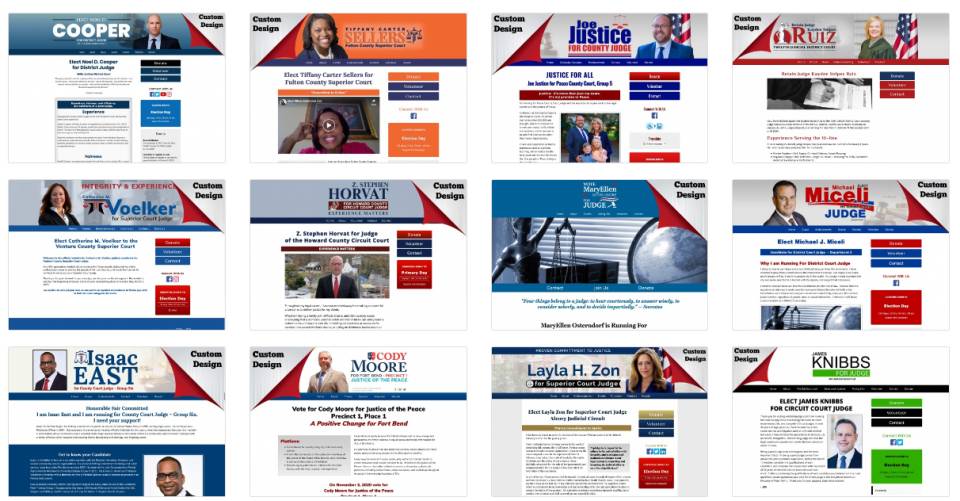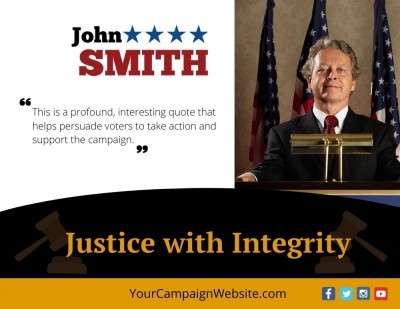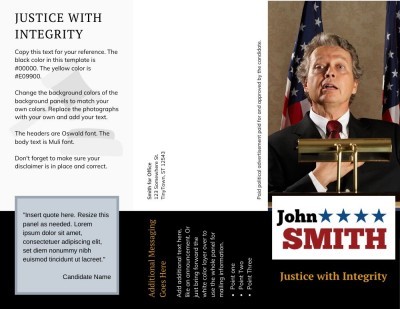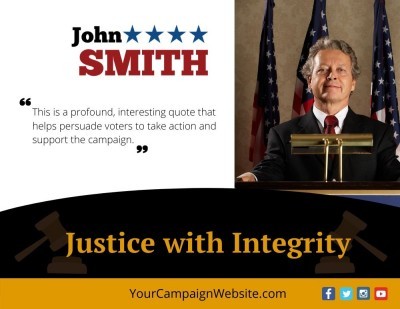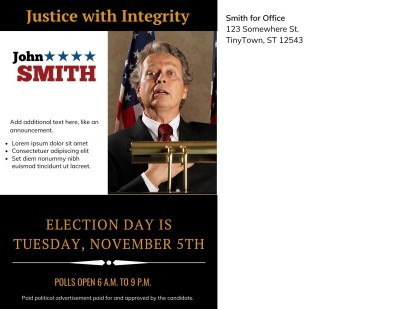The issue of how state judges are selected in the U.S. has been an area of controversy for more than 150 years. There are a number of variations but generally speaking, state judicial selection takes place by one of two methods – by appointment or by election.
Initially judges were appointed by the state governors or legislation. Mississippi in 1832 was the first state to write a provision into their constitution to have voters elect state judges. This eventually became the common method of choice for a majority of states for many years.
During the 1930’s some highly publicized cases highlighting the role of corrupt politics in the election process, in judicial decisions and the excessive time involved in campaigning caused many people to rethink the judicial selection process.
Eventually, a new plan, commonly called the Missouri Plan became the model of choice for judicial selections.
The Missouri Plan is a method to combine election and appointment of judges. Under the plan, candidates for judicial vacancies are first selected by commissions. They forward a short list of names to the governor. If the governor does not select one of these names to fill the position within sixty days, the committee makes the selection.
After one year during a general election, the judge enters into a “retention election” to determine if he will retain his office. This plan is also referred to as a ‘Merit Selection Plan with Governor Appointment‘. Currently 24 states use this plan.
Other types of judicial appointment methods
- Governor Appointment (no selection commission) – in use by 3 states.
- Legislative Appointment (no selection commission) – in use by 2 states.
There are two different permutations of the election method of selecting state judges. These are Partisan and Nonpartisan elections. Partisan elections have the candidates’ party affiliation listed on the ballot. A non-partisan election is one where the candidates are listed on the ballot with no label designating any party affiliation. Six states use partisan elections and 15 states currently employ the non-partisan election process.
The debate continues to rage over which method most limits the role of politics in the selection of state judges, with many states currently involved in trying to redefine their systems. For example, if Missouri faces an initiative on their ballot in November; the state’s historical merit selection method would be discarded and replaced by direct judicial elections.
Advocates of appointment claim it minimizes political considerations in the selection of judges, improves the quality of the judiciary and ensures judicial independence in deciding cases. In particular, the use of a judicial nominating commission composed primarily of lawyers and distinguished members of the community is seen as bringing a degree of expertise to the process of picking judges.
Their argument in its favor is that, unlike elective systems, the Missouri Plan is more likely to select qualified judges they say, because they are selected by experts. This assumes the voters, as a whole, are apathetic toward judicial races, are not familiar with the issues at hand, and are basically not competent to vote on judicial candidates.
Opponents of the so called merit plan say the selection is swayed by political insiders and the plan has handed influence over the judiciary to lawyers (mostly liberal leaning trial lawyers, they contend) and bar associations.
The amount of money spent on judicial elections continues to climb – doubling to more than $200 million over the last decade. Only $2 million was spent on those states using the merit system. More and more special interests groups are raising larger and larger sums of money to upset judges that have upheld laws they oppose.
According to district judge, Jeffrey Neary, he barely survived a campaign aimed at removing him from office for granting a divorce to a same-sex couple. He said the experience made him more cautious about how he approached controversial cases. “I don’t want judicial positions to be political positions,” he said. “If that happens I don’t want to be a judge.”
The trend of appointing a partisan to the bench has been gaining momentum in several states over the past few years. Judges have become more politically involved in their decisions over the years. Many have refused to take cases where they felt that there were fundamental issues that should be resolved by the people through the democratic process. As a result, it has become increasingly difficult for the people to obtain access to superior court judges. These appointments are not based on the merit of the case, but rather on the party affiliation of the judge.
Whatever the outcome, we can be sure the judicial selection process be a continuing controversy for the foreseeable future.
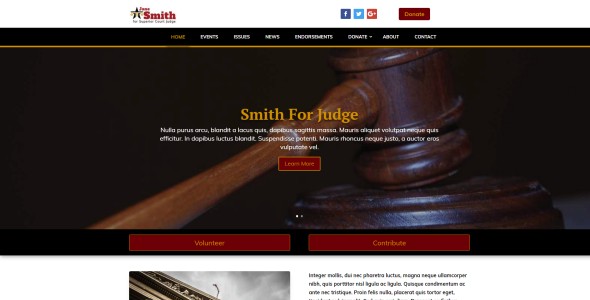



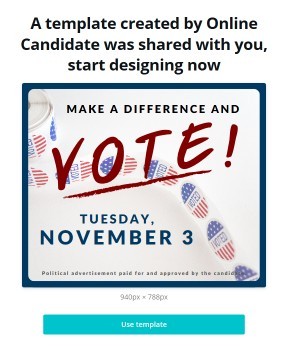
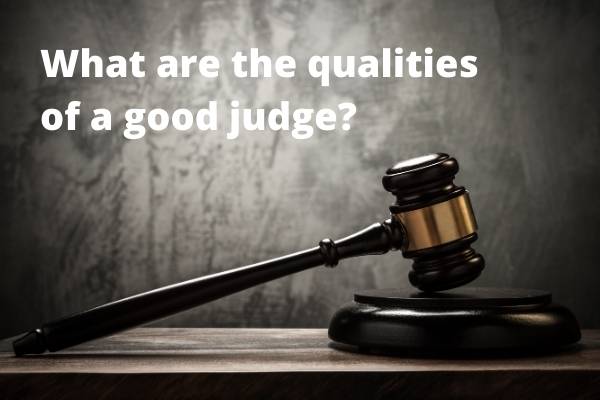

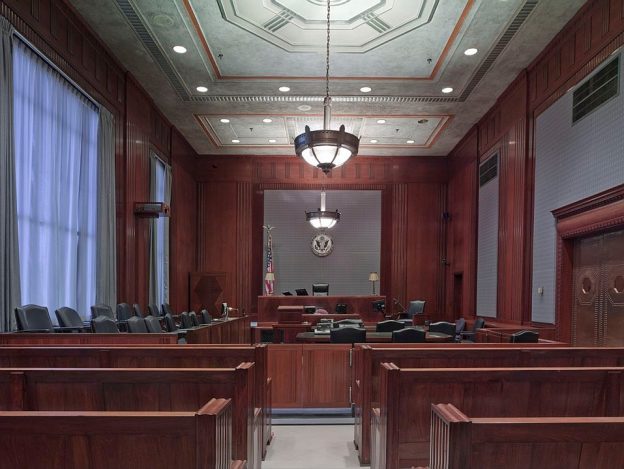
 If you are running for judge, district attorney or other elected office, here are some of our top dos and don’t for online campaigning.
If you are running for judge, district attorney or other elected office, here are some of our top dos and don’t for online campaigning. A good campaign slogan is important for any political campaign. The right slogan encapsulates your campaign message and your primary appeal to voters. It should be short, memorable and in the best cases tap into a genuine emotion.
A good campaign slogan is important for any political campaign. The right slogan encapsulates your campaign message and your primary appeal to voters. It should be short, memorable and in the best cases tap into a genuine emotion.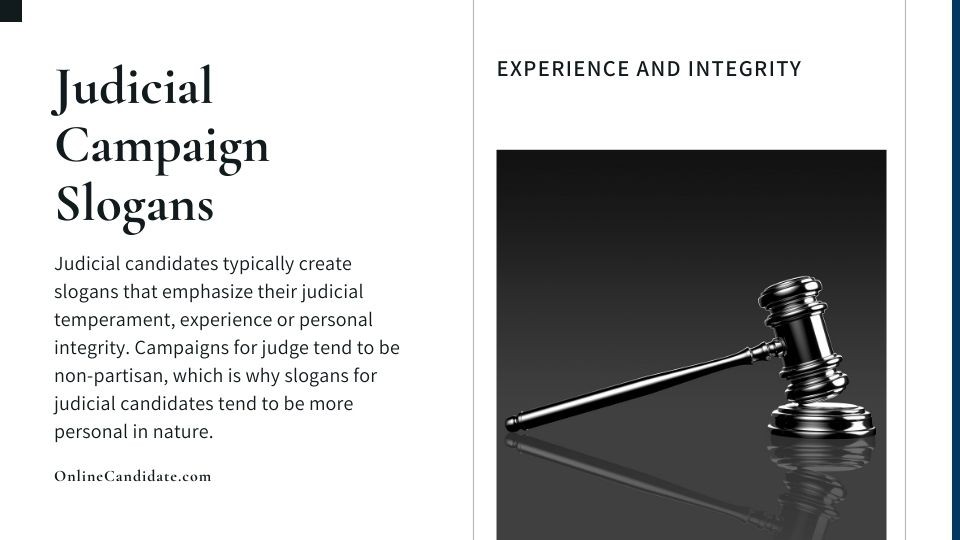
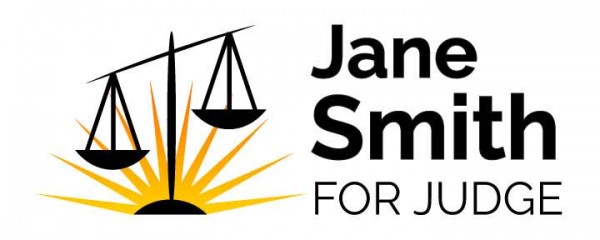 Once designed, a campaign logo becomes the lynchpin of a judicial candidate’s overall branding. The logo will appear on campaign yard signs, candidate brochures, direct mailings, palm cards, video ads and all other forms of political campaign advertising.
Once designed, a campaign logo becomes the lynchpin of a judicial candidate’s overall branding. The logo will appear on campaign yard signs, candidate brochures, direct mailings, palm cards, video ads and all other forms of political campaign advertising.